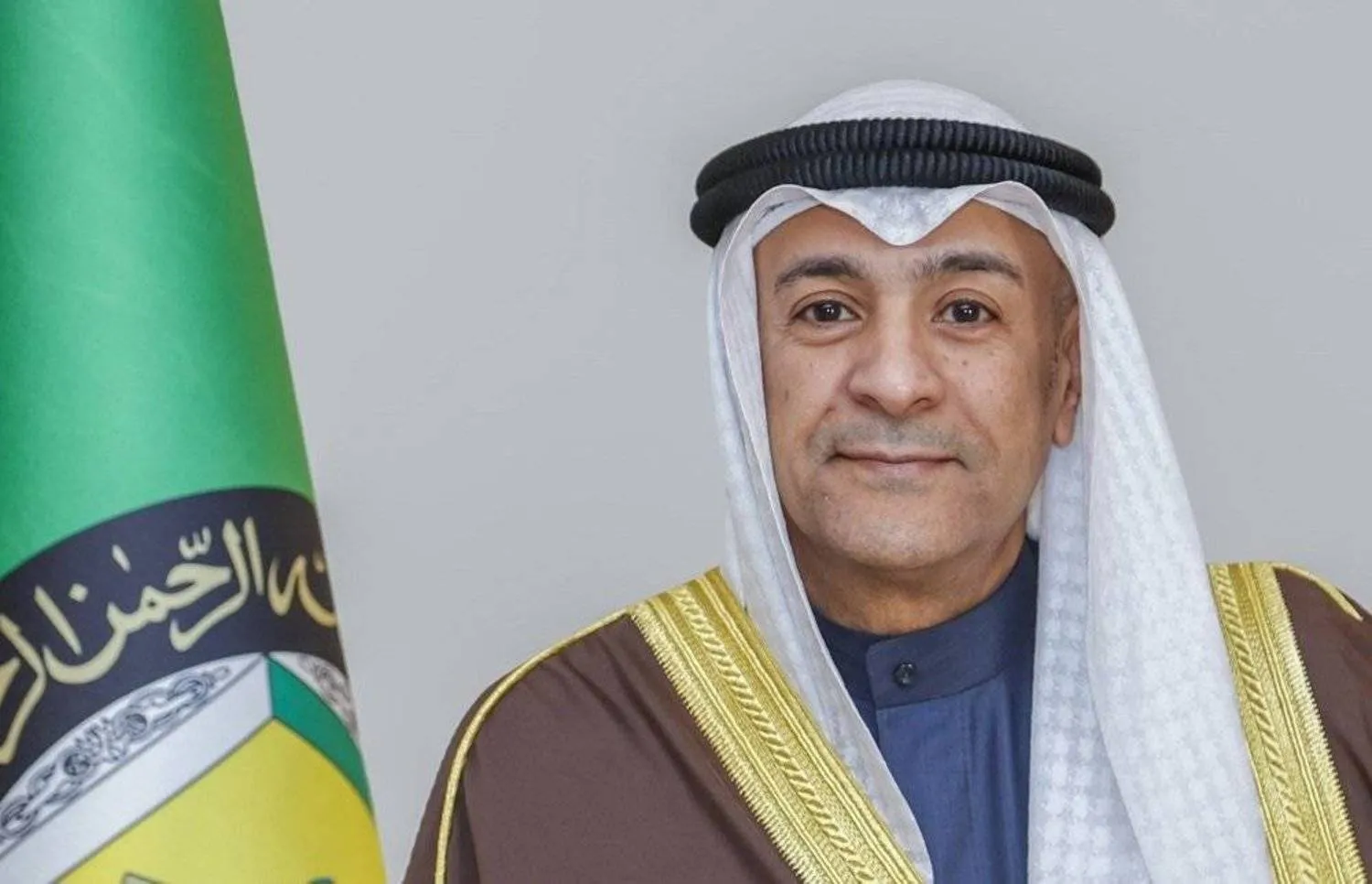Secretary-General of the Gulf Cooperation Council (GCC) Jassim bin Mohammed Al-Budaiwi reaffirmed the GCC's unwavering support for the Lebanese people and its commitment to Lebanon’s sovereignty, security, and stability.
He emphasized the urgent need for a ceasefire and called for avoiding military escalation along the Lebanese-Israeli border, protecting civilians, exercising self-restraint, steering clear of regional conflicts, and preventing the spread of violence in the region, the Saudi Press Agency reported on Monday.
Al-Budaiwi reiterated the position outlined in the GCC ministerial statement, urging the full implementation of UN Security Council Resolution 1701.
The UN resolution calls for Israel's respect for Lebanon's borders and the extension of the Lebanese government’s authority across its entire territory, in line with other Security Council resolutions and the Taif Agreement.
The goal is for Lebanon to exercise full sovereignty, with no weapons present without government approval and no authority beyond that of the state.
The statement also stressed the importance of expediting Lebanon's presidential elections and implementing critical economic reforms to enable the government to meet its obligations to its people.
A wave of Israeli airstrikes across large parts of Lebanon have killed more than 1,030 people — including 156 women and 87 children — in less than two weeks, according to Lebanon’s Health Ministry.
GCC Urges an Immediate Ceasefire in Lebanon

Secretary General of the Gulf Cooperation Council (GCC) Jasem Mohammed Al-Budaiwi - SPA

GCC Urges an Immediate Ceasefire in Lebanon

Secretary General of the Gulf Cooperation Council (GCC) Jasem Mohammed Al-Budaiwi - SPA
لم تشترك بعد
انشئ حساباً خاصاً بك لتحصل على أخبار مخصصة لك ولتتمتع بخاصية حفظ المقالات وتتلقى نشراتنا البريدية المتنوعة







